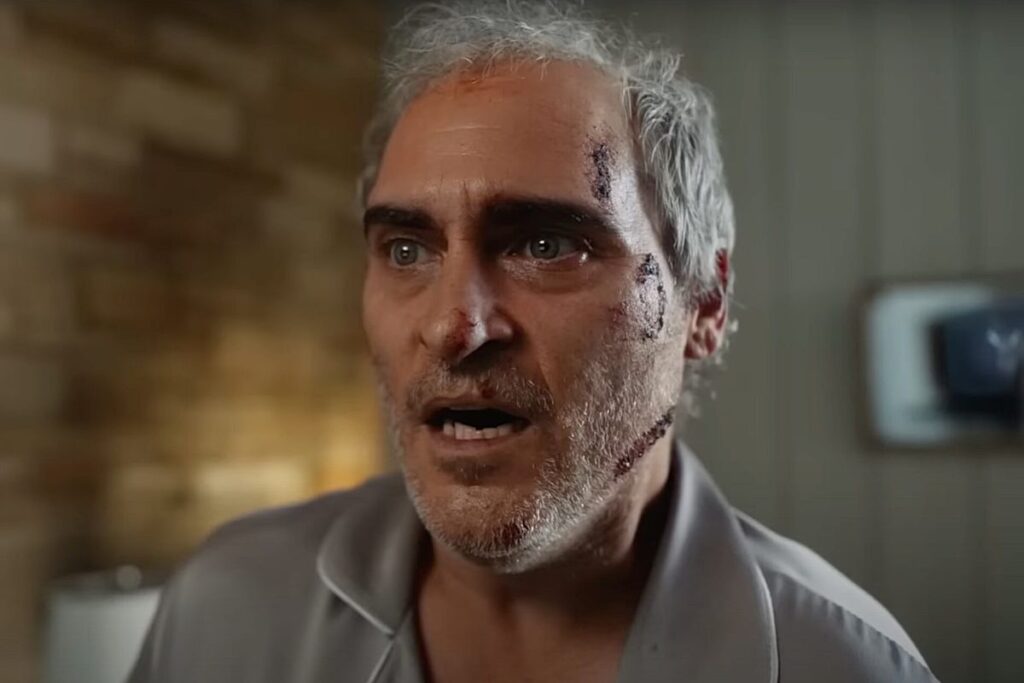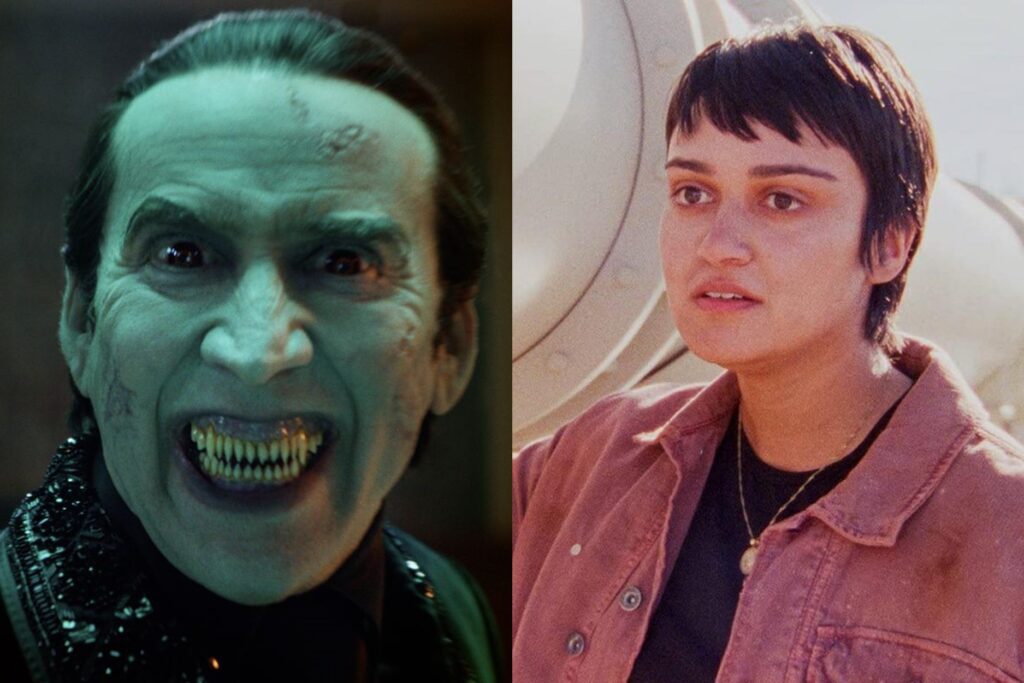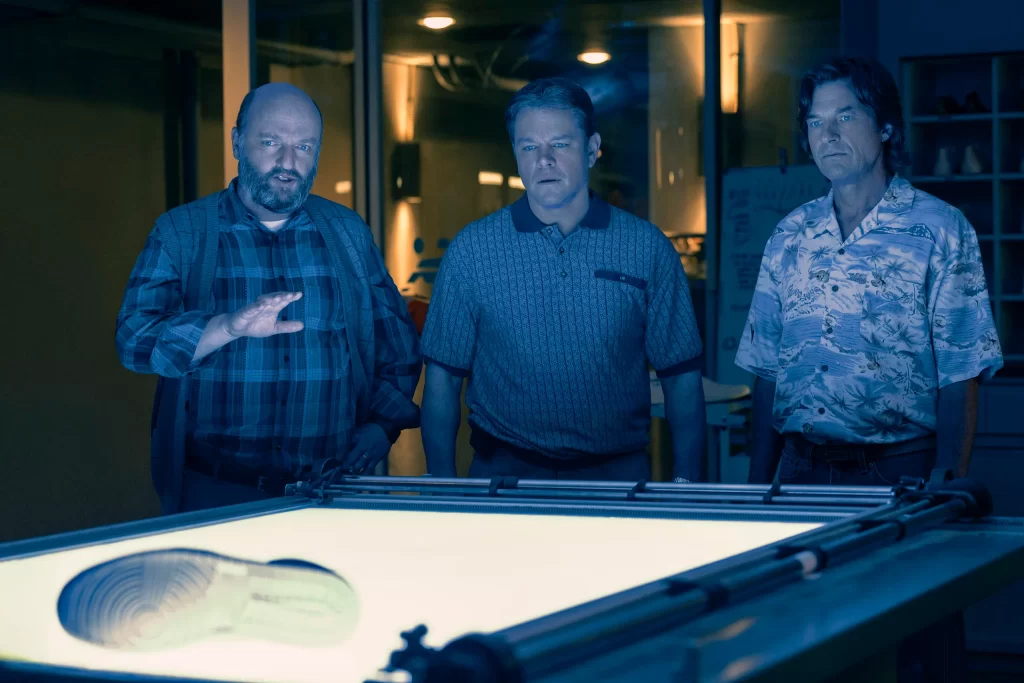Guardians of the Galaxy, Vol. 3: Journey to the Center of the Mirth

James Gunn is best known for his eclectic needle drops, but he also has a visual signature: the Right Stuff-style shot of a troop of swaggering warriors striding forward in slow motion as a pop song blares on the soundtrack. He delivers that image twice in Guardians of the Galaxy, Vol. 3, and while the second is more conventionally satisfying—the final prelude to some long-awaited interstellar ass-kicking—the first is more memorable. It’s noteworthy in part because the characters aren’t walking but floating, having just leapt from a spacecraft onto a bulbous planet (kindly shelve your astrophysical fact-checks), but what’s really striking is that each hero is outfitted in a bulky suit of a different bright color. There’s a simple beauty to the image, an eye-catching quality that’s rare for the Marvel Cinematic Universe—a cultural behemoth which, for all its commercial savvy and box-office supremacy, isn’t exactly a pioneer in terms of visual innovation. In this context, it’s oddly gratifying to be watching a superhero movie that actually cares what it looks like.
Let’s not pretend that Guardians 3 is some sort of aesthetic revelation. It’s still an MCU flick, which means it traffics heavily in green-screened locations, weightless special effects, and haphazard streams of light and fire. When an unknown gold-skinned invader (Will Poulter) zooms through the atmosphere and crashes into the chest of Rocket—the computer-generated mutant raccoon voiced by Bradley Cooper, and again embodied on set by the director’s brother, Sean Gunn—the impact is as forceful as that of a coder clacking away at their keyboard. But the value of James Gunn—the canny maneuver that helps distinguish the Guardians pictures from their costumed brethren—is his knack for minimizing the genre’s inherent drawbacks (sloppy action, dull world-building) while emphasizing his own vibrant strengths (sharp dialogue, giddy imagination). Sure, Volume 3 is yet another chaotic adventure involving a desperate rescue mission, a precious MacGuffin, and a megalomaniacal villain. But mostly, it’s a family vacation comedy. Read More




